Changing jobs is a significant decision that can impact your personal life, career trajectory, and financial stability. Whether driven by dissatisfaction, a desire for advancement, or a need for a new environment, recognizing when it’s time to make a move is crucial. Here’s a guide to help you decide when it’s time to start looking for new opportunities.
1. Assessing Job Satisfaction The first step in determining whether you’re ready for a new job is to evaluate your current level of job satisfaction. Reflect on these aspects:
- Engagement: Do you feel mentally and emotionally invested in your work, or is it a struggle to stay motivated every day?
- Values Alignment: Does your company’s culture and ethos resonate with your personal values, or do you find a disconnect?
- Growth Opportunities: Are there chances for you to learn new skills or advance in your career, or have things become stagnant?
If you find more negatives than positives, it might be time to consider a switch.
2. Analyzing Work-Life Balance Work-life balance is crucial for long-term job satisfaction and overall well-being. Consider the following:
- Work Hours: Are long hours making it difficult to enjoy personal time or fulfill family responsibilities?
- Flexibility: Does your job offer the flexibility you need to balance your personal and professional life?
- Stress Levels: Are you experiencing symptoms of burnout or chronic stress due to your job?
A job that consistently impedes your ability to live a balanced life may not be the right fit.
3. Considering Career Aspirations Think about where you want to be in the next five to ten years:
- Career Goals: Does your current job align with your long-term career objectives?
- Professional Development: Is your employer investing in your growth through training, workshops, or conferences?
- Advancement Potential: Is there a clear path to promotion or new roles that interest you?
If your current position doesn’t support your career aspirations, looking for a job that does might be the right move.
4. Evaluating Financial Needs and Benefits Financial considerations are often at the forefront of any job change decision:
- Compensation: Are you paid fairly for your role within your industry and region?
- Benefits: Do the benefits, such as health insurance, retirement plans, and paid leave, meet your needs?
- Job Security: Do you feel that your job is secure, or are there signs of potential instability?
If your financial needs aren’t being met, or if there are concerns about job security, start exploring other options.
5. Listening to Your Intuition Sometimes, the best indicator that it’s time for a new job comes from within:
- Gut Feeling: Do you feel an instinctual urge to leave?
- Work Joy: Do you still find joy in your work, or has it become a source of dread?
- Personal Fulfillment: Does your job make you feel fulfilled, or is it just a means to an end?
If your intuition is signaling that something isn’t right, it’s worth paying attention to those instincts.
6. Observing Market Opportunities Keep an eye on the job market in your field:
- Industry Trends: Are there emerging opportunities in your field that excite you?
- In-Demand Skills: Do you possess skills that are currently in high demand?
- Job Openings: Are companies you admire hiring?
If there are favorable conditions in the job market, it might be an opportune time to switch.
7. Test the Waters
Before making any final decisions about leaving your current job, it’s wise to explore the job market to gauge the availability of better opportunities. Testing the waters can involve several proactive steps:
- Update Your Resume: Ensure your resume is current, highlighting your recent job roles, skills, and achievements. Tailor your resume to align with the types of roles you’re interested in.
- Network: Reach out to contacts within your industry to gather insights about new opportunities and company cultures. Networking can often lead to job leads that are not advertised publicly.
- Engage on Professional Platforms: Be active on platforms like LinkedIn. Update your profile, engage with content relevant to your field, and connect with industry leaders. This visibility can attract recruiters and job offers.
- Apply for Jobs Selectively: Apply for a few positions that genuinely interest you. This will give you an idea of your marketability and whether you can indeed find a position that meets more of your needs than your current role.
- Interview: Engaging in interviews with other companies isn’t just about landing a new job. It’s also about understanding what competitors are offering in terms of culture, compensation, and growth opportunities. This can also clarify what you truly want in your next role.
- Freelance or Consult: If possible, take on freelance or consulting work in your field. This experience can offer insights into different industries or professions without you having to commit to leaving your current job immediately.
- Evaluate Offers: If you receive job offers, carefully evaluate them against your current position. Consider all factors: responsibilities, the company culture, benefits, salary, and other compensations.
Deciding to leave a job may not be easy, but by systematically evaluating these key areas, you can make a more informed decision. If many signs point towards a change, it may be time to refresh your resume and prepare for new challenges. Most importantly, a career move should align with your overall life goals and contribute to your growth and happiness.
Want more great tips? Check out https://www.inspirecareers.com/in-the-media/ for recent career-related information I’ve shared on numerous podcasts, television outlets, and radio shows.
Visit the Inspire Careers YouTube channel to enjoy diverse content I share through video https://www.inspirecareers.com/inspire-careers-youtube-channel/ and don’t forget to subscribe to be notified when new content is added.


